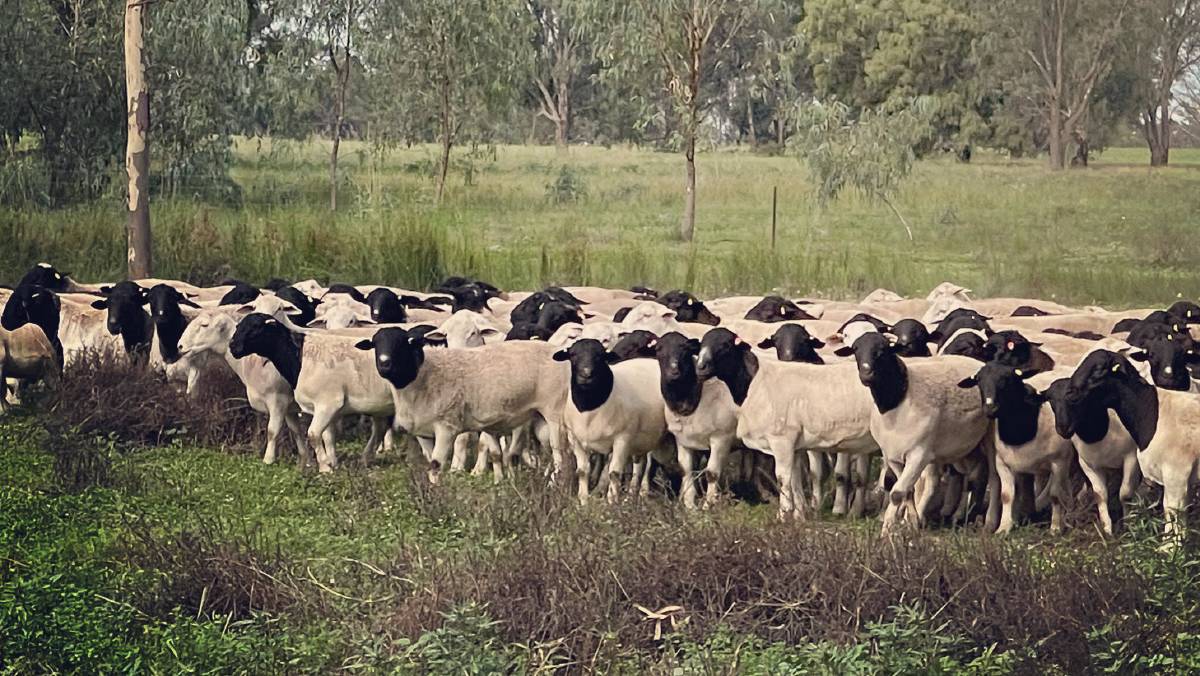
WICUS Cronje has not only made a big impact at the country’s largest Dorper stud, Burrawang, he’s also been a game changer for the Dorper breed in Australia.
With a lifetime of experience in the Dorper breed, having grown up in the Cronje Dorper stud which was established in South Africa in 1953, he has brought a wealth of knowledge to the industry.
“His dad was determined that Wicus would learn to identify good lamb carcases, so Wicus spent most of his school holidays taking loads of lambs to the abattoir where he could see how they yielded in the boning room,” Graham Pickles, from Burrawanga Dorpers, said.
By 2009, Mr Cronje had become a well-regarded breed inspector and judge, and Mr Pickles invited him to class Burrawang’s ewes and to help select sires to match to those ewes for the stud’s breeding program.
He visited each year for classing and travelled throughout western areas of NSW and Victoria where Dorpers were already established.
“He saw how the Dorper was ideally suited to grazing conditions in those areas but, on visiting some of Burrawang’s commercial ram customers, Wicus observed that most breeders’ ewe selection was very narrowly focused on shedding,” Mr Pickles said.
“He explained that this was not necessarily the best selection criteria to use for desired carcase and reproduction traits.”
Soon after, Malcolm Brady, of BRC agents, who had a large number of clients who were using Dorpers in prime lamb enterprises, asked Mr Cronje to help guide his customers in the correct selection of ewes to be retained in their flocks.
“At that time, most Dorpers were crossbreds of Merino or Damara and were unfairly criticised for lacklustre carcase quality,” Mr Pickles said.
“This changed over a few years as Wicus went from farm to farm teaching people about the breed and how to select the correct animals to retain.
“By 2014, abattoirs in these areas began to see what the Dorper breed was capable of in terms of carcase quality and superior meat yields.”

